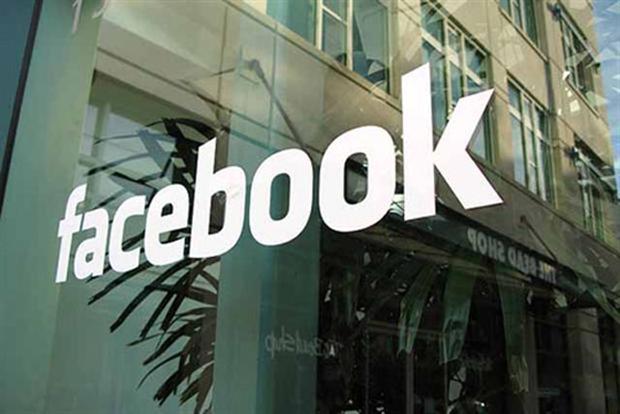
Facebook has published details of the council and its rationale on a by the social network’s vice-president of EMEA and architect of the council, Nicola Mendelsohn.
In the post, Mendelsohn explains that the council will help Facebook align its business priorities with the marketing needs of brands, for instance by fostering greater levels of creativity in copy and imagery used in campaigns on the social network.
She wrote: "We believe that developed and high-growth countries have much to learn from each other and wanted to create a forum where some of the best minds in the business can listen, inspire and share ideas about the future of marketing."
Other organisations involved in the council, which also has ad and media agency members, include Nestle, Reckitt Benckiser, Walt Disney; while the agency list includes Mediacom and Aegis Media.
Individuals representing the brands range from Unilever vice-president of media Rob Master, Red Bull head of international advertising Eleonore Ogrinz and VW head of marketing Anders Sundt-Jensen.
Unilever’s Master described the move as "exciting" for marketers who want to make their businesses more "mobile centric".
He added: "The challenge that lies ahead is to make sure that we are creating the right assets, engaging them in the right way and measuring appropriately, all on the mobile platform."
Mendelsohn, who has been forging stronger links between Facebook and its clients and , added: "People are coming online at staggering rates, while devices like mobile phones, tablets and even wearable technology are transforming how they behave and will unlock growth across EMEA."
'Hopefully, we'll receive an invite soon' - an ad agency response to the client council
The objective of ensuring that Facebook's priorities are aligned to the needs of their 'customers' and the subsequent formation of the EMEA Client Council is great news indeed, writes Rory Yates, director, global digital marketing, JWT.
As recognised in Facebook's blog post, the world is changing at a rapid pace. And keeping up with changing consumer habits is a constant challenge. Especially if your mission is to make the world a more open and connected place.
Social media's recent focus on commercial success has been largely supported by advertising models. As these have emerged the balance between giving the consumer what they want and perhaps preserving some of the important aspects of the social service they provide is a difficult balance to strike.
In a lot of cases brands have started to react well, providing content lead marketing strategies that mean brands are now bringing good content to the platforms as opposed to merely pushing arbitrary messages at the consumers and destroying experiences along the way. And most of this success has been born out of the great work we see communications agencies creating with their customers (brands).
We would like to see this trend continue by helping Facebook understand the challenges brands and consumers of those brands face. Our own growth in social media and its increasing role in our marketing communication programmes also need alignment to the needs of Facebook's customers, so the benefit will go both ways. This coupled with the fact that communications agencies can also help represent the wider communications context, along with the subsequent experiences these customers will have, should also prove a valuable contribution. Hopefully we will see an invite to the council shortly, we certainly welcome it with open arms!



.jpg)
.jpeg)
